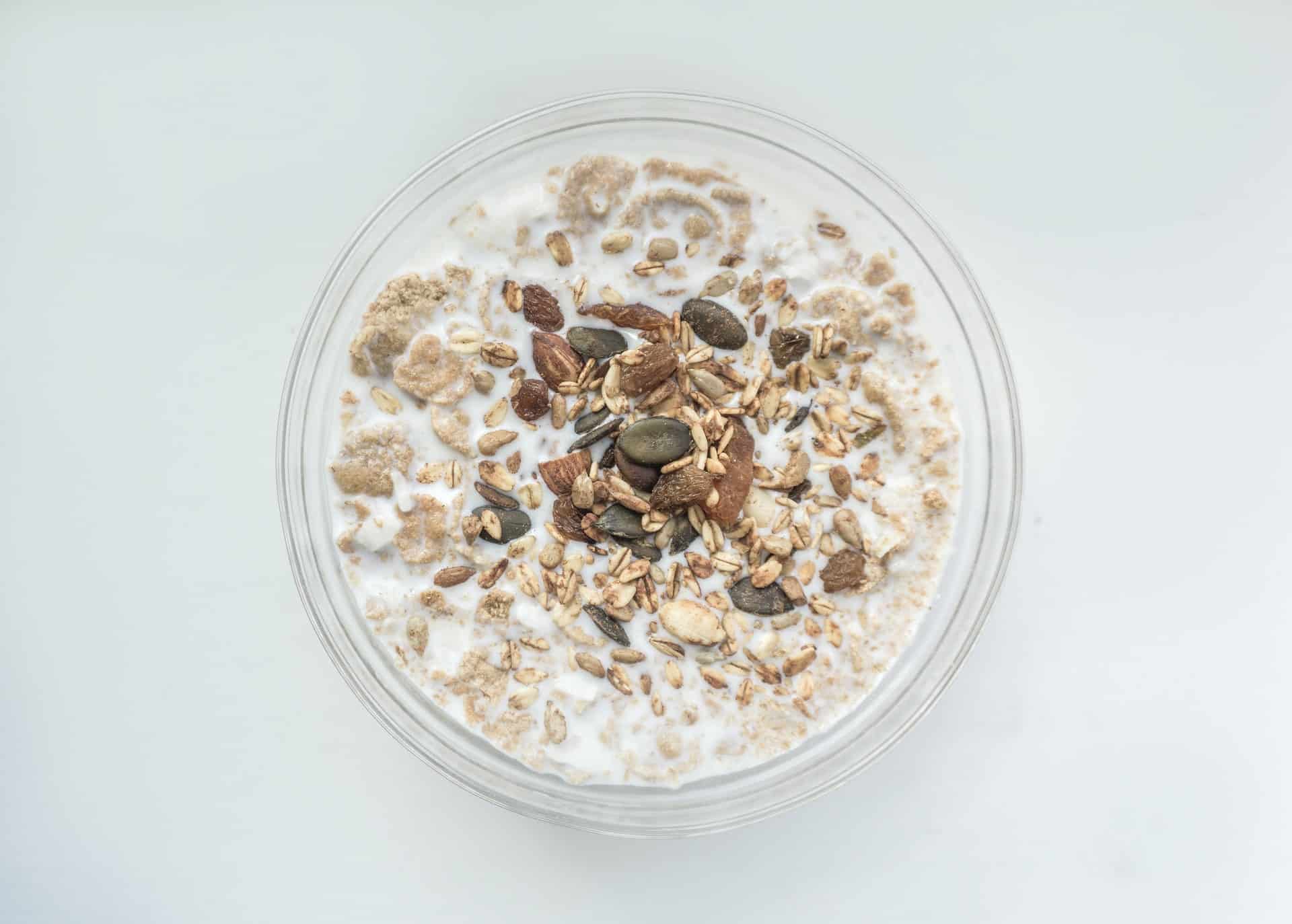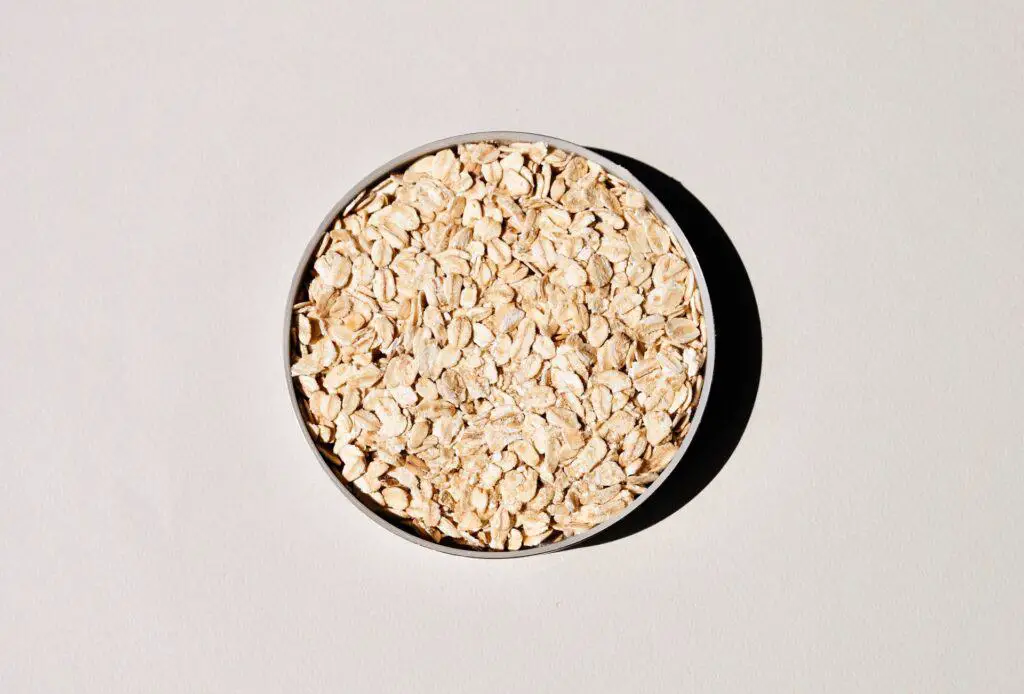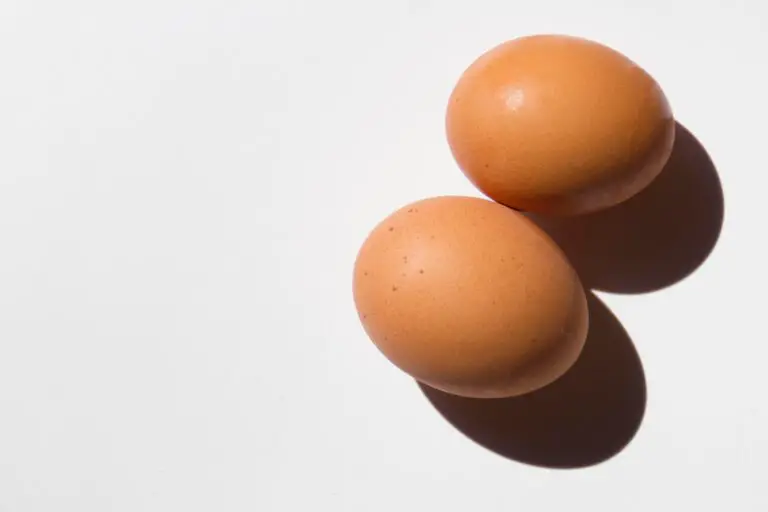How Long Does Oatmeal Last?

How long does oatmeal last is a question most oatmeal lovers always ask? What’s better than a bowl of hot oatmeal on a cold morning? Nothing! Oats are one the most nutritious whole grains out there and they go great with almost any other food or drink.
You can use them as a base for savory porridge, cooked into cookies (oatmeal turtles), top your favorite breakfast dishes like yogurt parfait—you name it; we’ve tried them all (and loved) at our house.
The best part about this versatile crop: It only takes 20 minutes from start to finish thanks to Instant Pot technology which gets you instant results?
However, if you haven’t used your oats for anything more than a cupboard accessory in quite some time then here is an update on how much room there still should be left!

How Long Does OatMeal Last- A Breakdown
The shelf life of oatmeal can vary dramatically depending on how it was processed. However, they can last up to 6 months- 1 year. For example, if you cook your oats then their length in date will be significantly reduced because all cooking does is change the ratio between nutrients that were already present before heating them (eubiotics).
However – even with this process there are still some factors that affect overall durability such as adding perishable ingredients or refrigerating fresh produce; so basically anything beyond basic boiling isn’t going to help extend its lifetime too much!
Oats are perfect for those who want something more nutritious. They’re typically 12-24 months old, depending on how they were stored before packaging; if an unopened package remains in good condition then these will last up to 2 years!
How To Know If Your OatMeal Is Bad?
There are a few telltale signs that your oatmeal has gone bad. The most obvious is when it starts producing mold or fungus; this will occur regardless of how long you store the grains at room temperature, so make sure to check for these indications before eating any old packet! You can also notice some changes in color compared with fresher batches – though not everyone thinks these colors mean anything negative (I’m looking forward here).
Finally…flavors might change quite dramatically as well- unpleasant smells may indicate something’s off even if nobody else seems disturbed by it.
You can keep your oats safe from mold by keeping them dry. If you see any signs of moisture on the surface or if they start to grow dark spots, throw it out immediately because this means there could be active fungus growing inside!
Tips On How To Store Oatmeal
- One of the best ways to ensure your oatmeal stays fresh and delicious for a long time is by following these storage tips.
- You must keep it away from light, air, or any other source which might spoil its taste because this will reduce both moisture levels, as well as spoilage bacteria like mold spores on stored products touched by various surfaces such things, can cause food-borne illnesses if left unchecked In order, prevent these problems happening in the first place make sure nothing touches them when handled.
- To keep your oatmeal fresh, store the packets in a cool place with plenty of airflows. After opening them up and before storing them for longer periods (or if they’ve been opened), transfer directly into an oxygen-free container like glass or stainless steel so that it stays good!
- The best way to store cooked oatmeal is by using a container with an airtight seal and refrigerating it until you’re ready for eating. If freezing, make sure your package will keep all its moisture content before closing up tightly in the freezer so that lecture-downs don’t happen!
Can I Get Sick From Eating Bad Oatmeal?
There is a common belief that eating bad oats can make you sick. However, this isn’t true for those who have dried foods past their expiration date due to their low presence in water and moistness which prevents food poisoning microorganisms or spoilage from occurring on these items as much more so than other types of products with longer shelf lives such as dairy products or meats.”
Eaten properly, oats can be a healthy and delicious breakfast option. But if they have been stored improperly or come into contact with excess moisture for any reason then the quality will decline over time which may result in tasting funny/smelling unusual – it’s best to avoid these types of bins!
What Should I Do With Expired Oats?
Oats are a great source of fiber and provide many health benefits, but they can also have some downsides. If you find yourself with expired or moldy oatmeal that isn’t useful for anything else – don’t throw it away!
You will want to use these oats later on to maintain your skin’s hydration levels as well as relieve any uncomfortable symptoms such as headaches/migraines caused by plugged-up capillaries (a result of dryness). Oat Scrubs work wonders when applied post-exercise because the friction against muscles creates gentle warmth which improves blood flow.
Itchy, scaly skin? Take an oatmeal bath to soothe winter-seasoned legs. It’s beneficial for both humans and pets! Here is an amazing recipe that will leave you feeling relaxed (and smelling great).
Final Words
Oatmeal is a nutritional powerhouse when kept dry. Grocery store-bought brands have been known to last up until 2 years but it depends on how they were processed and if any perishable ingredients are added which may cause spoilage quicker than expected!
The decline of oats is often gradual, but some factors can affect their quality and taste. Moisture from the air or light exposure will make them go off faster than they would otherwise; improper storage in an environment with high levels of oxygen also speeds up this process by promoting mold growth on top of all those pesky little bugs that love eating away at your food! To keep previously cooked oatmeal safe, store it in the fridge or freezer.
Popular Articles






